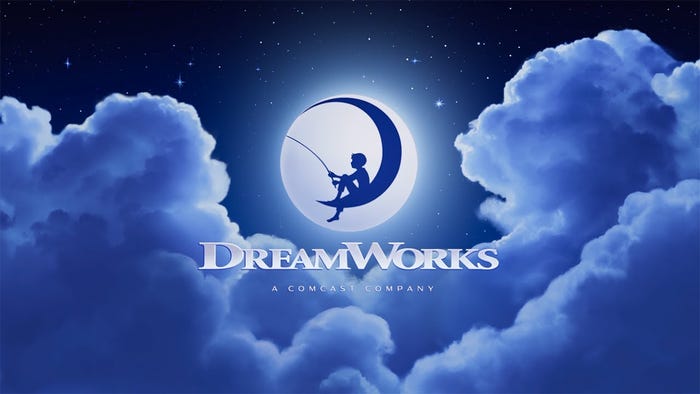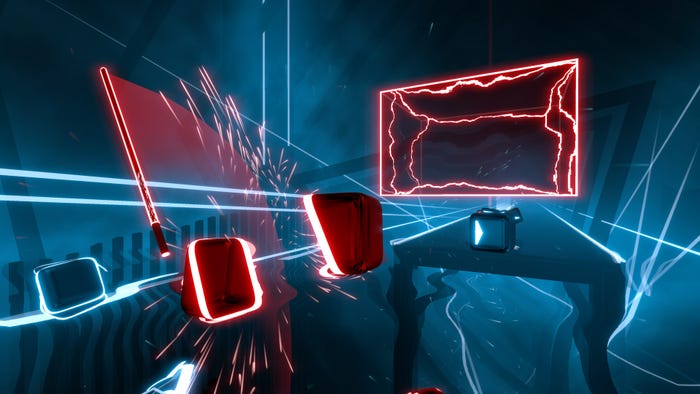
Featured Blog | This community-written post highlights the best of what the game industry has to offer. Read more like it on the Game Developer Blogs.
The Triumph of Will
Will Wright's departure from EA is one more sign that the industry is heading in an exciting new direction - or more accurately, many exciting new directions.

The news that Will Wright is leaving EA is still percolating out, but one quote from the Gamasutra article announcing it really caught my eye:
Says Wright in a statement: "The entertainment industry is moving rapidly into an era of revolutionary change. Stupid Fun Club will explore new possibilities that are emerging from this sublime chaos, and create new forms of entertainment on a variety of platforms."
This so perfectly echoes my own perception of the state of the industry that I wanted to wholeheartedly agree. In my own recent blog post here I talked about the Experimental Games Session at GDC and how rich the possibilities were, and how it seems to portend an explosion of creative diversity.
Will's statement makes me even more sure this is correct. This stands in stark contrast to the feeling I had from GDC and even more so, E3 just four or five years ago, when it was only AAA titles that were getting attention at all, and they were all starting to look like each other. WW2 FPS, Futuristic FPS, MMORPGs based on Tolkien or Tolkeinesque races, the latest updates of the major sports titles - very boring and depressing.
It's wonderful to me to see how this has changed radically in the last few years. Three growth areas - casual games, serious games, and mobile games (led by the iPhone) have just gone from small or struggling subsets of the larger game industry into fast-growing branches that each have the promise to grow in many new directions.
AAA titles are far from dead, but the worrisome trends of putting more and more money into just a few $50 million or more titles in the hopes that you get the one big hit that makes $100 million or more. Bad math, and worse for the industry since at that size you literally just can't afford to take many chances with game design.
It's refreshing to see how radically things are changing. In fact, in my nearly 30 years as a professional game developer, I haven't seen this kind of diversity since the very early days of the early 80's where it felt as if we were all just sort of proceeding by educated guesses and trial and error, and almost anything was possible.
I think I'm naturally optimistic about the future of game development so I try not to take my own projections too seriously without corroboration, which means that Will's statement is very reassuring.
Will's move is particularly emblematic of this for me. He's always been the kind of designer willing to take chances. I remember distinctly seeing a beta version of Sim City and being impressed at what a radical departure from other game styles of the times it was.
For all his financial successes, he hasn't been afraid to try things that failed too, and that takes guts. I saw Will only briefly at GDC this year, but the circumstances are telling. I was walking along talking to Gordon Walton, one of the other relatively small handful of people who, like Will, came to the GDC back when it had under 500 attendees and we all had a chance to get to know each other.
Gordon had a session starting in 15 minutes and we were grabbing the chance to walk and talk, and catch up. Then we saw Will, who said hello - and pointed out that we were walking in the opposite direction of Gordon's venue. Will seemed very cheerful, and now I have a good idea just why he did.
But the lesson I take from this incident is, when Will Wright talks about going off in a new direction, it's a good idea to stop what you're doing and listen!
About the Author(s)
You May Also Like













